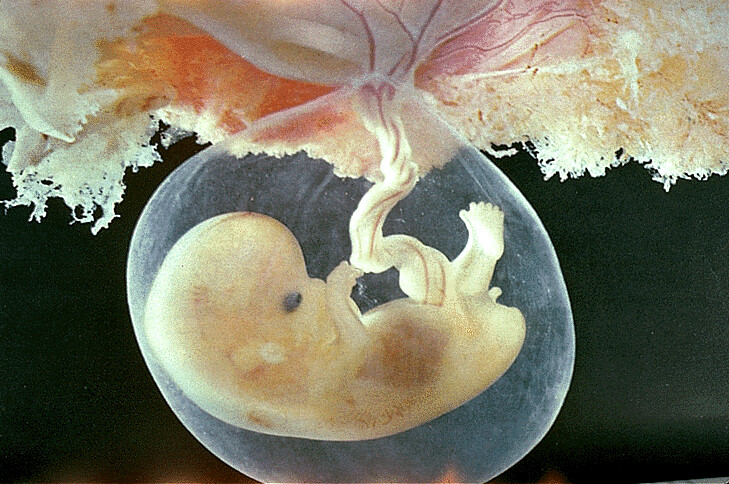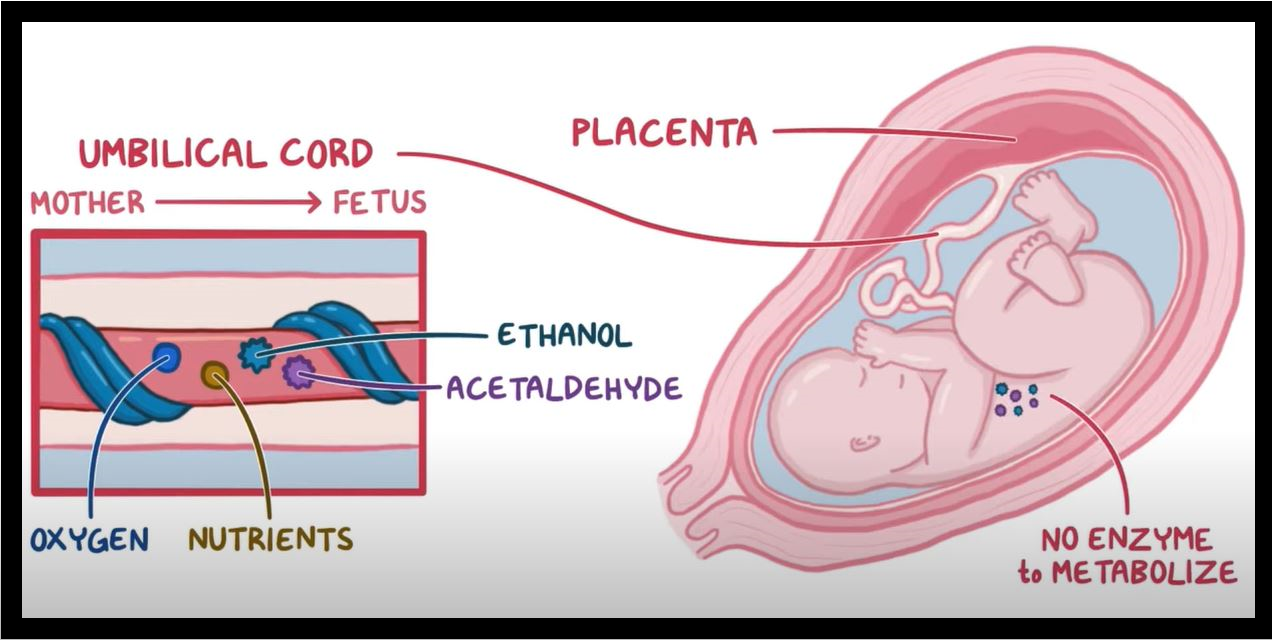The human brain develops from the prenatal period to about 25 years. University of California research shows that mothers and fathers can influence the development of their offspring. Although the risk of drinking alcohol or cigarettes during pregnancy has been discussed for a long time, some expectant parents ignore these risks.
Hazardous Substances Cross Placenta
The placenta protects the fetus and provides nutrition and oxygen supply. The placental barrier serves as a protective shield that filters the substances transporting them to the fetus. However, this shield is not ready for addictive substances such as nicotine, alcohol, and THC. Molecules of these harmful substances can cross the placental barrier.

Tobacco contains about 4,000 substances that have harmful effects on the human body, including nicotine and carbon monoxide. Both substances can cross the placental barrier. However, carbon monoxide can reduce the oxidative capacity of the blood, while nicotine can lack oxygen supply. The result is low birth weight, intrauterine growth retardation (IUGR), and other defects.
THC, one of the main active ingredients of marijuana, can also cross the placental barrier and enter the fetal bloodstream and affect the central and peripheral nervous system. As a result, excessive exposure to THC can slow fetal growth or dramatic changes during brain development.
Fetal Alcohol Syndrome
Alcohol, which is toxic to the fetus, also crosses the placental barrier freely. After consuming an alcoholic beverage, the mother’s and fetus’s levels are identical in their blood levels. The concentration of alcohol in the amniotic fluid increases more slowly. Fetal livers cannot break down alcohol at the same rate as the mother’s liver.

Newborns exposed to alcohol during their development in the womb may show damage to the brain and other organs, impaired central nervous system (CNS) development, cognitive and behavioral disorders, as well as limited growth. Changes in the CNS can lead to mental retardation or behavioral problems, collectively referred to as fetal alcohol syndrome (FAS). Unfortunately, there is no effective treatment; the disability accompanies the child throughout his life.
Researchers at the University of California claim that even fathers can influence the development of their offspring. A study in mice shows that even the consumption of alcoholic beverages by the father for several weeks before the child is conceived can negatively affect his development.
Source and credit: https://www.sciencedirect.com/science/article/pii/S0753332221012750, https://pixabay.com















